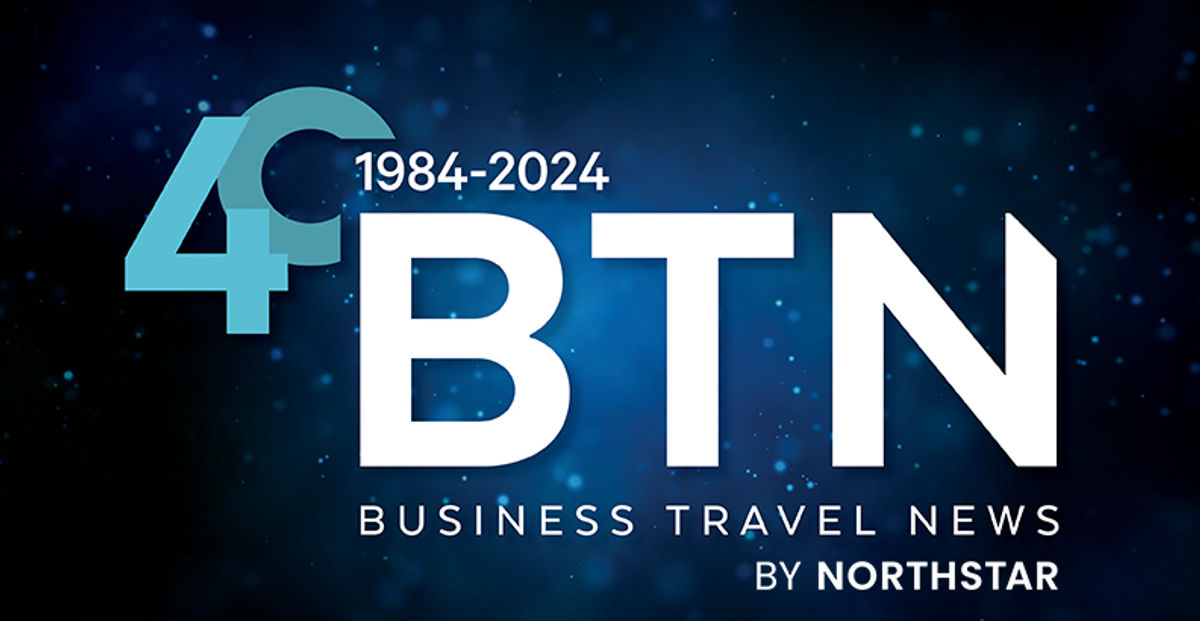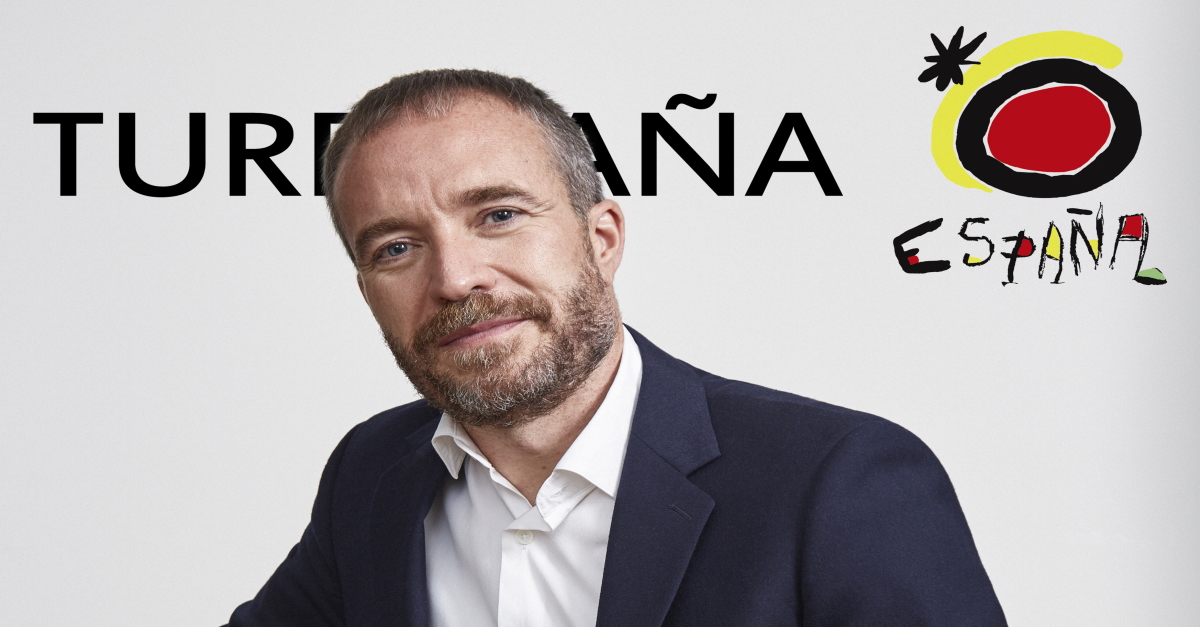Otto Raises $6M for AI-Assisted Unmanaged Biz Travel
Otto secured $6M to develop an AI-powered travel assistant for unmanaged business travel, targeting smaller companies with personalized booking suggestions. It aims for a full launch by Q1 2025.

Funding round was led by Madrona Venture Group, Steve Singh will serve as Otto’s executive chairman.
Steve Singh moved still deeper into his vision for business travel on Thursday, announcing a $6 million funding round for Otto. The funding was led by Singh's Madrona Venture Group with participation from Direct Travel, also in the Madrona portfolio, as well as from angel investors from across the travel technology industry, with resumes that include C-suite titles at Expedia, Orbitz, Uber, Operix and Farecast.
Otto is being positioned as an artificial intelligence-powered travel agent. Michael Gulman, a former Expedia product executive, is the founder and serves as its CEO.
It’s targeted directly to business travelers, particularly those in smaller companies that are not necessarily managing travel but want to access some of the benefits of a managed travel program. Singh wrote in a blog on the Madrona website that such companies and travelers (and there are a lot of them) are underserved by the options in the market today.
...today, [traditional TMCs and corporate booking tools] do not cost-effectively serve smaller companies and individuals in those companies. While the needs of smaller enterprises are different, the need to manage their travel spend and travel program is just as important.”
- Madrona Venture's Steve Singh
Referring to travel management companies—including Direct Travel, which Singh acquired this year with the participation of additional investors—he wrote, “…today, those companies and systems do not cost-effectively serve smaller companies and individuals in those companies. While the needs of smaller enterprises are different, the need to manage their travel spend and travel program is just as important.”
While the tech details weren’t abundant in the announcement, based on Singh’s blog post, the AI agent will learn traveler preferences and patterns over time, and its algorithms will then return booking suggestions that meet parameters as shaped by historic bookings. Otto may also include some limited policy levers. The AI agent will address flights and hotels and also will serve up restaurant reservations. With search powered by AI large language models Otto will have the the ability to deliver specifics like only searching for hotels with rooftop bars or restaurants with private dining areas. It will recognize conversational language in spoken or written requests to initiate searches and bookings. Based on Singh’s description, it will integrate with calendars to understand the user’s scheduling and availability.
How—or if—reporting or other traditional travel management features might be built was not clear, but Singh did write in his blog that Otto will leverage the open architecture of Spotnana, Troop, Center and Direct Travel.
Otto comes out of stealth with a pedigree burnished by big names in travel and is clearly part of Singh’s steadily expanding empire addressing the needs of business travel. With Otto, AI now is fully in play to serve the smaller market and ensure revenue margins that people-powered agencies could not.
Gulmann and Singh said in a TechCrunch interview that their content streams combined with off-the-shelf AI models, tuned with Otto’s travel data, will enable them to capitalize on affiliate revenue per booking. Regarding AI “hallucinations,” which would run the risk of booking travel options that don’t actually exist, the pair said the AI will be calibrated to cross-check its own work and if it meets a threshold of uncertainty, the booking would be bumped over to Direct Travel for human agent assistance.
All that said, Otto is just out of “stealth” at Madrona Venture Labs. It is now in alpha mode with select users and is looking to go into a broader beta testing by the end of the year, and a full rollout in the first quarter of 2025.

 Koichiko
Koichiko 































